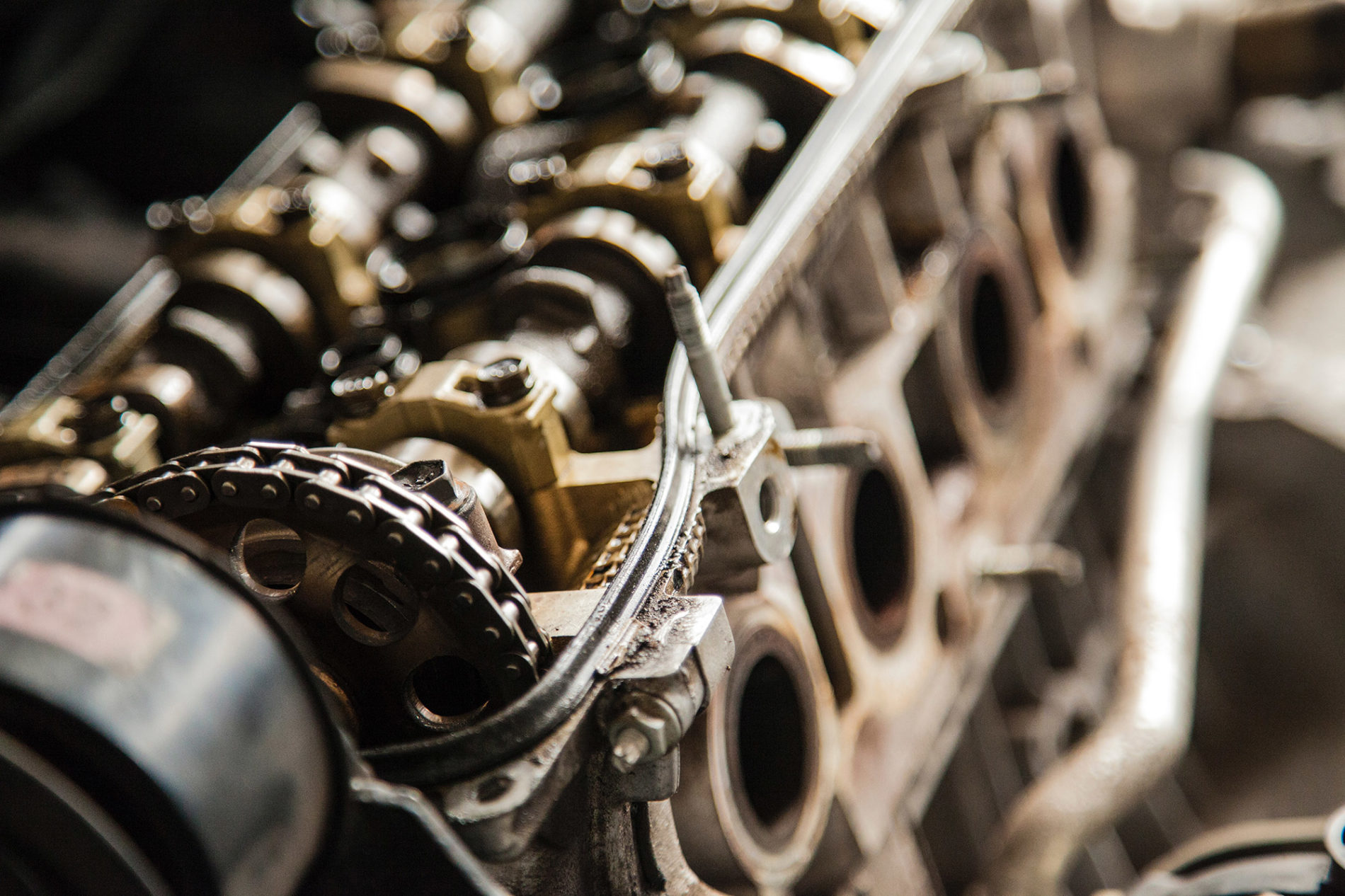After more than a century of improvements, engineers say the internal combustion engine is far from ready for retirement.
As one place after another makes moves to ban gasoline-powered vehicles in the next few decades—Norway, the Netherlands, the UK, India, China, California, Paris—it gets harder and harder to deny that the future is electric. And the internal combustion engine that has driven global movement for more than a century will soon take its last gasps of the air it has so polluted.
Yet electric cars are nowhere near ready for such a takeover. As Tesla struggles to build the mass-market Model 3 at scale, the rest of the auto industry is talking a big game about a battery-powered onslaught, but most won’t start rolling out models in real numbers for years. In the US, electric cars still make up less than 1 percent of new car sales. The path to 100 percent will be a long one, and the engine won’t cede such ground without a fight.
In the 133 years since Karl Benz dropped a four-stroke engine into his three-wheeler in 1885, engineers around the world have waged an unending war to squeeze more power out of less fuel. The power plant under the hood of a modern car has fuel injection, often more than one turbocharger, variable valve control, catalytic converters, and an electronic brain to oversee it all. These are complex, versatile, and scalable machines that harness the power of tiny explosions, thousands of times per second. They power cars, trucks, trains, ships, leaf-blowers, and more. And they keep getting better.
“The internal combustion engine might not even be middle-aged,” says Don Hillebrand, who leads transportation research at Argonne National Laboratory in Illinois. In labs like his, researchers are working to make gas and diesel cars as clean and efficient as possible. They focus on three areas: computer control, materials, and fuel and air handling. So we went to Argonne to see the work Hillebrand says could provide a 50 percent improvement in fuel efficiency.
As it turns out, even if the future is electric, it’s not here just yet.
Originally posted by Jack Stewart on Wired (February 14, 2018) (View Original Article)
